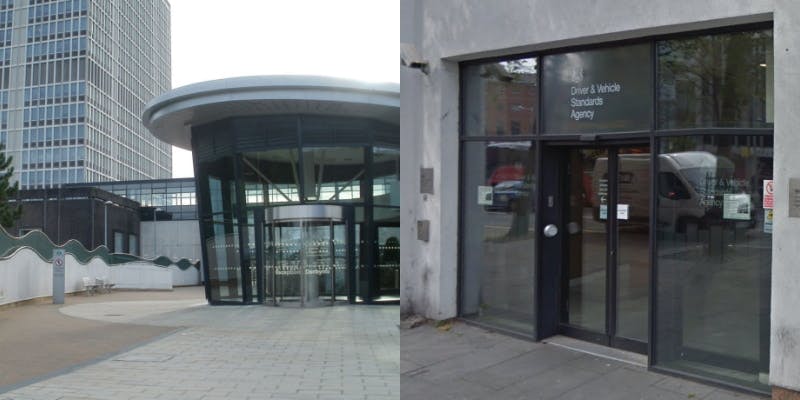
From the DCMS to the PDNPA, the UK Government has no shortage of acronymed bodies, whose functions range from overseeing national security to running local museums. In the sphere of driving, there are two that you're likely to come into contact with: DVLA and DVSA. These two organisations may be separated by just one letter, but that doesn't mean they're the same.
Knowing the difference between the DVLA and the DVSA can save you plenty of hassle when a driving-related issue rears its ugly head. In this guide, we'll break down what each of these bodies does, when you should get in touch with them, and how to contact them.
What is the DVLA?
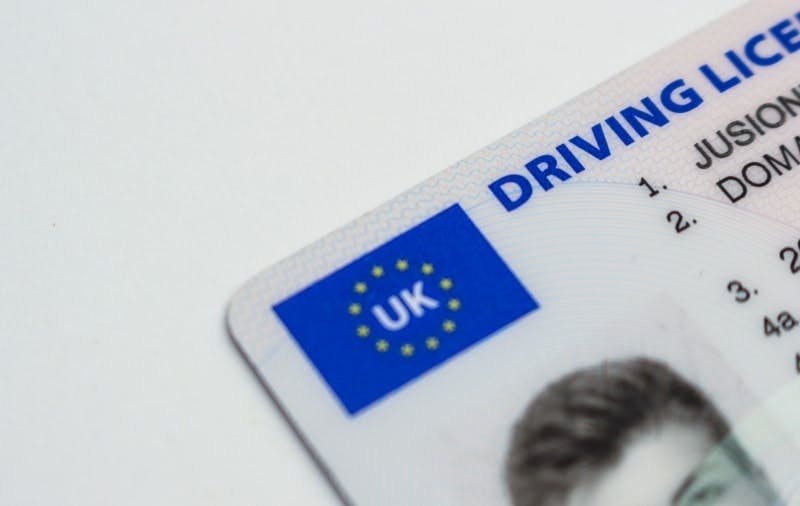
To find out the purpose of the DVLA and DVSA, it's important to know the meaning of the one letter that differentiates the two. In the case of the DVLA, it's Licensing—as in the Driver and Vehicle Licensing Agency.
The DVLA is the older of the two organisations, having been founded as the Driver and Vehicle Licensing Centre in 1965 before taking on its current name in 1990. It's also likely to be the one that drivers are more familiar with, as its initials appear on every licence in Great Britain.
Driver database
As you may be able to guess, licensing is indeed the key to everything this body does. Naturally, this includes a wide array of responsibilities relating to driving licences. So, whether you're applying for the first time, changing your address, renewing a licence that's nearing its expiry date or replacing one you've lost, it's the DVLA you need to contact.
Contact details for DVLA Driving Licence Enquiries
Call 0333 790 6801
Mon–Fri: 8am–7pm
Sat: 8am–4pm
Drivers Customer Services
Correspondence Team
DVLA
Swansea
SA6 7JL
You may also need to get in touch with the DVLA if any medical conditions you have affect the way you drive. Common examples include certain forms of epilepsy or diabetes.
Contact details for DVLA Medical Enquiries
Call 0333 790 6806
Mon–Fri: 8am–7pm
Sat: 8am–4pm
Drivers' Medical Enquiries
DVLA
Swansea
SA99 1TU
As the body overseeing licences, the DVLA is also in charge of maintaining a database of everyone's driving record. If you were checking how many points were on your licence, for example, then you'd be accessing data held by the DVLA. This service is easily accessible via an online service, requiring only your driving licence number, NI number and postcode. Certain organisations, such as car hire companies, can also access another driver's record, provided they get a check code from the driver.
Vehicle register
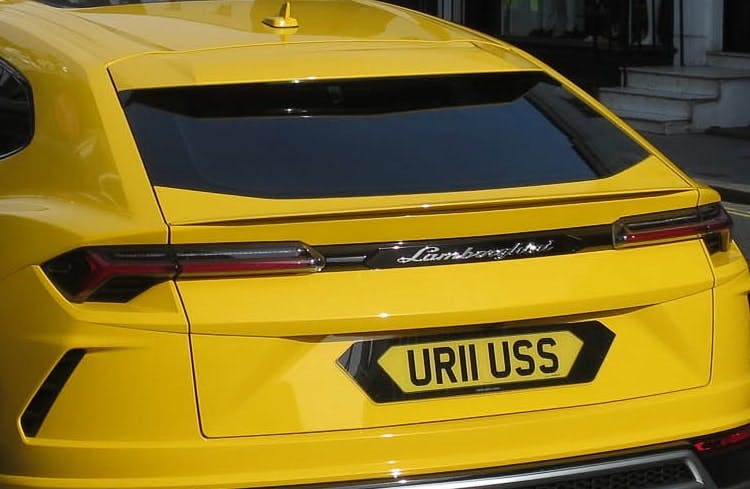
The DVLA doesn't just keep information about drivers, though. It also manages a database of vehicles across the whole of the UK. Just as you can check up the record of any driver via an online service, there's an equivalent platform you can access to check vehicle records. These allow you to figure out whether a car has a valid MOT and has been taxed.
If you're registering a car, you'll become familiar with a piece of DVLA paperwork: a vehicle registration certificate, which is also known as a V5C or log book. This contains details about the vehicle itself, as well as those of its registered keeper. For most vehicles, you'll need to pay a fee of £55 if you're registering them with the DVLA for the first time.
Contact details for DVLA Vehicle Enquiries
Call 0300 790 6802
Mon–Fri: 8am–7pm
Sat: 8am–4pm
Vehicle Customer Services
DVLA
Swansea
SA99 1AR
With the agency being in charge of the database of all the UK's vehicles, it won't come as too much of a surprise to learn that they're also the go-to body if you want to change your number plate. Personalised registrations are available directly from the DVSA—though these can set you back thousands of pounds!
There are other uses of the DVLA's vehicle register that may not be so welcome to motorists. It's this database that will be accessed if, for example, you're found flouting the congestion charge in London's ULEZ, or if a police force flashes you with a speed camera.
Vehicle tax
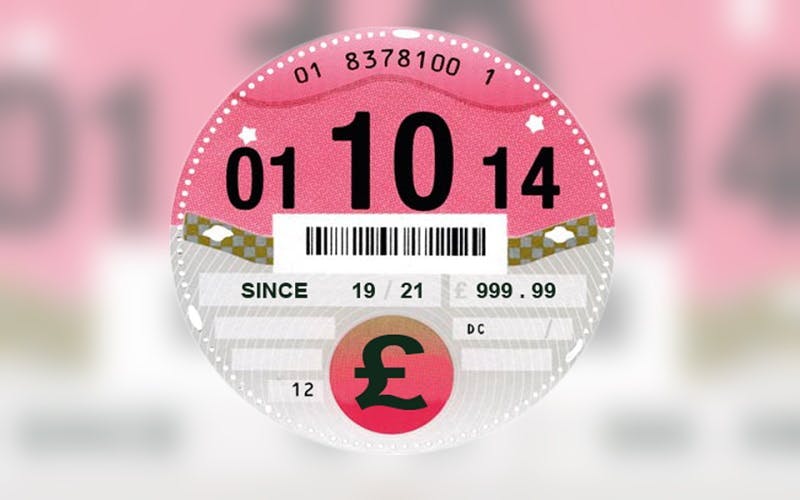
Last amongst the key functions of the DVLA is the collection of vehicle excise duty. Also known as car tax or road tax, this is levied on most vehicles in the UK, with limited exceptions including those intended for use by disabled people and some types of electric vehicles. This fee varies dramatically based on when the vehicle was first registered and its emissions rating.
If your car's not going to be on public roads, however, you can avoid paying vehicle excise duty by applying for a Statutory Off-Road Notification, or SORN. You can do so by contacting the DVLA's Vehicle Enquiries team using the details provided above, or by using their online form.
What is the DVSA?
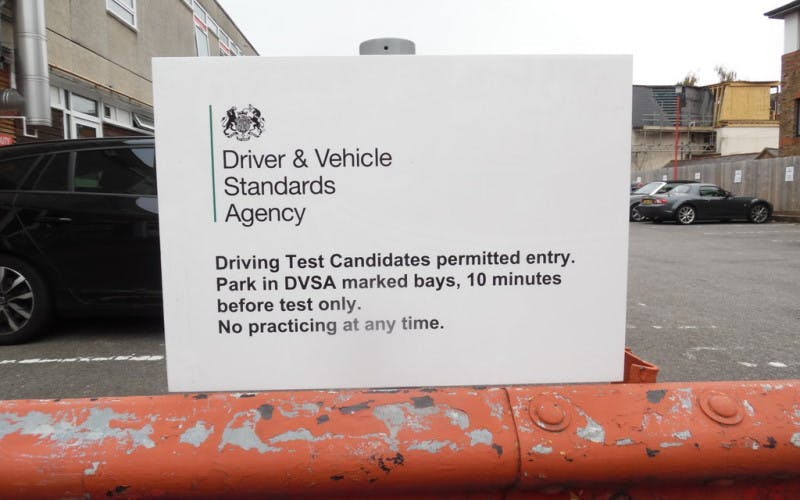
The other government agency drivers are likely to come into contact with is the DVSA. This stands for Driver and Vehicle Standards Agency. As with the DVLA, it's that one key difference that matters: Standards.
This is the organisation that ensures that both vehicles and the people driving them are up to scratch. So, how do they ensure this? Let's take a closer look.
Driving tests

Many drivers assume that, since the DVLA is the body that issues you with a driving licence, they'll also be the one conducting the tests that enable you to get it. This is a common misconception—and it's the reason why, if you complain to the DVLA on Twitter about your driving test, you'll be politely directed elsewhere.
In fact, it's the DVSA who are in charge of conducting driving tests across Great Britain. As such, driving test examiners are almost exclusively employed by them. This doesn't just include car tests, though, but also encompasses everything from articulated lorries to emergency service vehicles.
The DVSA is also the agency to get in touch with should you have any enquiries to make about anything relating to driving tests. Be aware, however, that this only includes practical driving tests. Theory tests are handled by a private company, Pearson, on behalf of the DVSA.
Contact details for DVSA Driving Test Enquiries and Booking Support
Call 0300 200 1122
Mon–Fri: 8am–4pm
Contact details for DVSA Theory Test Enquiries
Call 0300 200 1122
Mon–Fri: 8am–4pm
Non-DVSA examiners for driving tests
Remember how we said that examiners are almost exclusively employed by the DVSA? There's a little caveat to that rule.
In certain instances, an organisation may be allowed to employ its own staff to carry out driving tests—though they must apply for permission from the DVSA to do so. And don't think that just any business is able to carry out these tests: you need to be a bus or haulage operating licence holder, a police service, or a fire and rescue service.
What's more, the process of becoming what's known as a delegated examiner is far from cheap. The initial training course costs £7,500, to which you'll need to add on a fee of £41 for each test you take. Then, there's the small matter of a £950 annual registration fee. If your business is interested in employing its own delegated examiner, use the contact details provided below. Be sure to follow the guidance provided by the DVSA when making your application.
Contact details for Delegated Driving Examiner Team
Call 0115 936 6370
Delegated Examiner Section
Driver and Vehicle Standards Agency
The Axis Building
112 Upper Parliament Street
Nottingham
NG1 6LP
Driving instructors
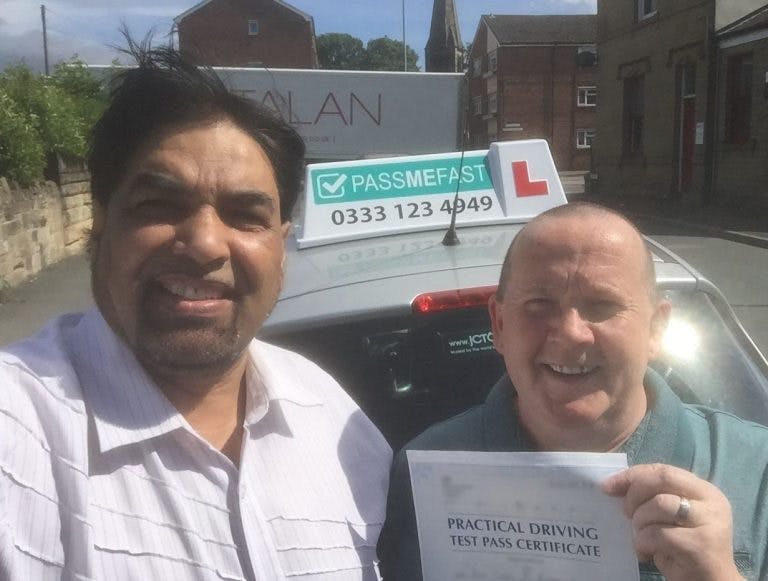
The DVSA have a pretty big hand in the process of learning to drive, as it so happens. We know now that they're in control of granting full UK licences—but you may not have realised that driving instructors also need to gain the DVSA's seal of approval.
Anyone wishing to charge money for teaching lessons will need to register with the DVSA and become a driving instructor. This involves training for three tests carried out by—you guessed it!—the DVSA. Once an instructor has passed all three, they gain a place on the ADI register. They must also undergo regular standards check tests to maintain their status on the register.
Contact details for DVSA Instructor Services Team
Call 0115 936 6370
Mon–Fri: 8am–4pm
MOTs
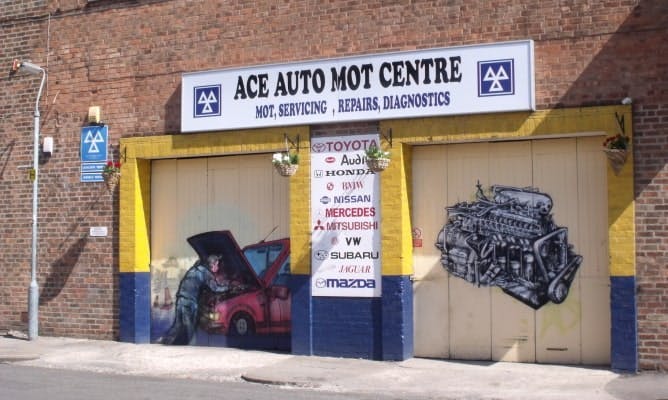
We've covered the driver part of the DVSA's name—but what about the vehicles? Well, it shouldn't take much figuring out to realise that the DVSA assesses the standard of Britain's vehicles by means of the MOT test.
You may not realise that the DVSA is involved in MOT tests, as these are usually carried out by independent businesses. However, everyone wishing to become an MOT tester must undergo a course and pass tests overseen by the DVSA.
Similarly, the DVSA is also involved in carrying out annual tests for HGVs, buses and trailers. You can either book your test at a DVSA test station or an Authorised Testing Facility that's been approved by the agency.
Contact details for the MOT, Vehicle Testing and Approval Team
Call 0300 123 9000
Mon–Fri: 7:30am–6pm
Roadside checks
Thought that the DVSA was only involved in regular testing? Think again. Officers employed by the agency also have the ability to pull lorries, buses and coaches over for roadside spot checks.
When you've been stopped by a DVSA officer, they'll check your tachograph records, make sure your licence is valid for the category of vehicle you're driving, check for roadworthiness and mechanical faults, and ensure that you're only carrying your authorised load weight.
If a fault is found with your vehicle, then the DVSA has the ability to issue you with a prohibition. This stops you from driving until you've fixed the issue. These can either be immediate or delayed. If your prohibition is immediate, your vehicle will usually be immobilised. If it's delayed, you'll typically have 10 days to fix the fault with your vehicle.
You can easily spot DVSA officers thanks to the bright yellow livery of their cars, as well as their yellow jackets. Failing to stop for a uniformed officer is an offence.
Vehicle recalls
There's yet another responsibility of the DVSA that you may not be aware of: vehicle recalls. Yes, any time you hear about a recall of a specific car part—or even an entire model—it's the DVSA who are behind it all.
The DVSA offer a handy online service to allow you to check if a car is subject to a safety recall. It's also possible to check other types of vehicle, from motor trikes through to horse boxes, as well as parts and accessories such as car seats and tyres.
What about the DVA?
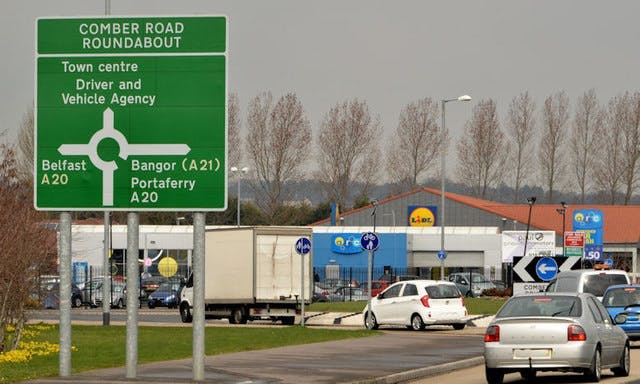
As if we needed yet another confusing acronym to add to the list, here's one more: the DVA. Drivers in England, Scotland and Wales need not worry about this part, as the DVA only concerns itself with drivers and vehicles in Northern Ireland.
The best way to think of the DVA is as a body that combines most of the responsibilities of the DVLA and DVSA. This means it approves MOT testers and driving instructors, carries out driving tests, issues licences and keeps a database of all Northern Irish drivers. They also collect road tax through a specific agreement with the DfT.
The one thing the DVA isn't involved in is keeping a database of vehicles. This is instead carried out by the DVLA, who keep records for the whole of the UK.
If you're in Northern Ireland and need to contact the DVA, use the details below. Note, however, that you should contact the DVLA if your query concerns road tax.
Contact details for the Driver and Vehicle Agency (Northern Ireland)
For full contact details, please visit the DVA website.
DVLA or DVSA: the conclusion
That should cover just about all the differences you need to know between the DVLA and DVSA. Remember: the DVLA deals with licences, while the DVSA deals with standards. A good rule of thumb when figuring out which to contact is to ask yourself which of the two your query concerns. Alternatively, pop this article in your bookmarks and come back whenever you need to know the difference!
Subscribe for driving advice, offers & more
We'd love to let you know about our courses, news and offers via email. You may unsubscribe at any time.
Star Genie Limited trading as PassMeFast. Company number 10093359
Copyright © 2024 owned by Star Genie Limited
PassMeFast, Blue Tower, MediaCityUK, Salford, M50 2ST

